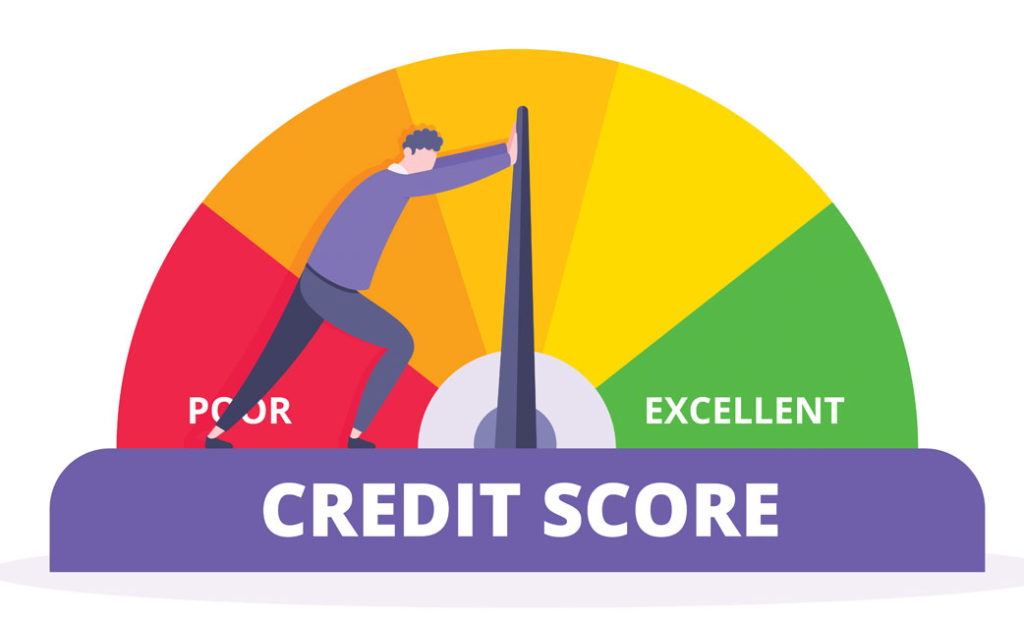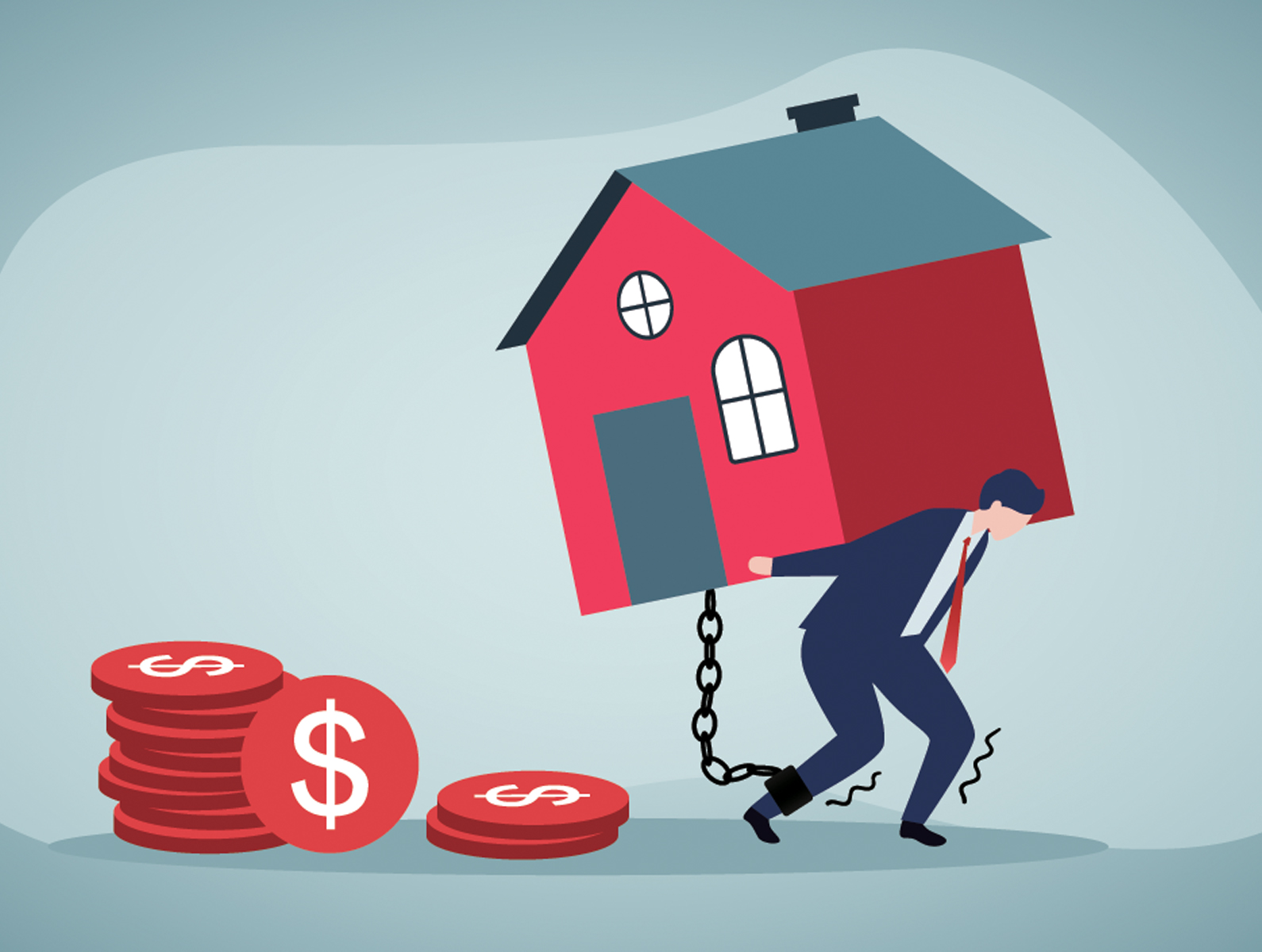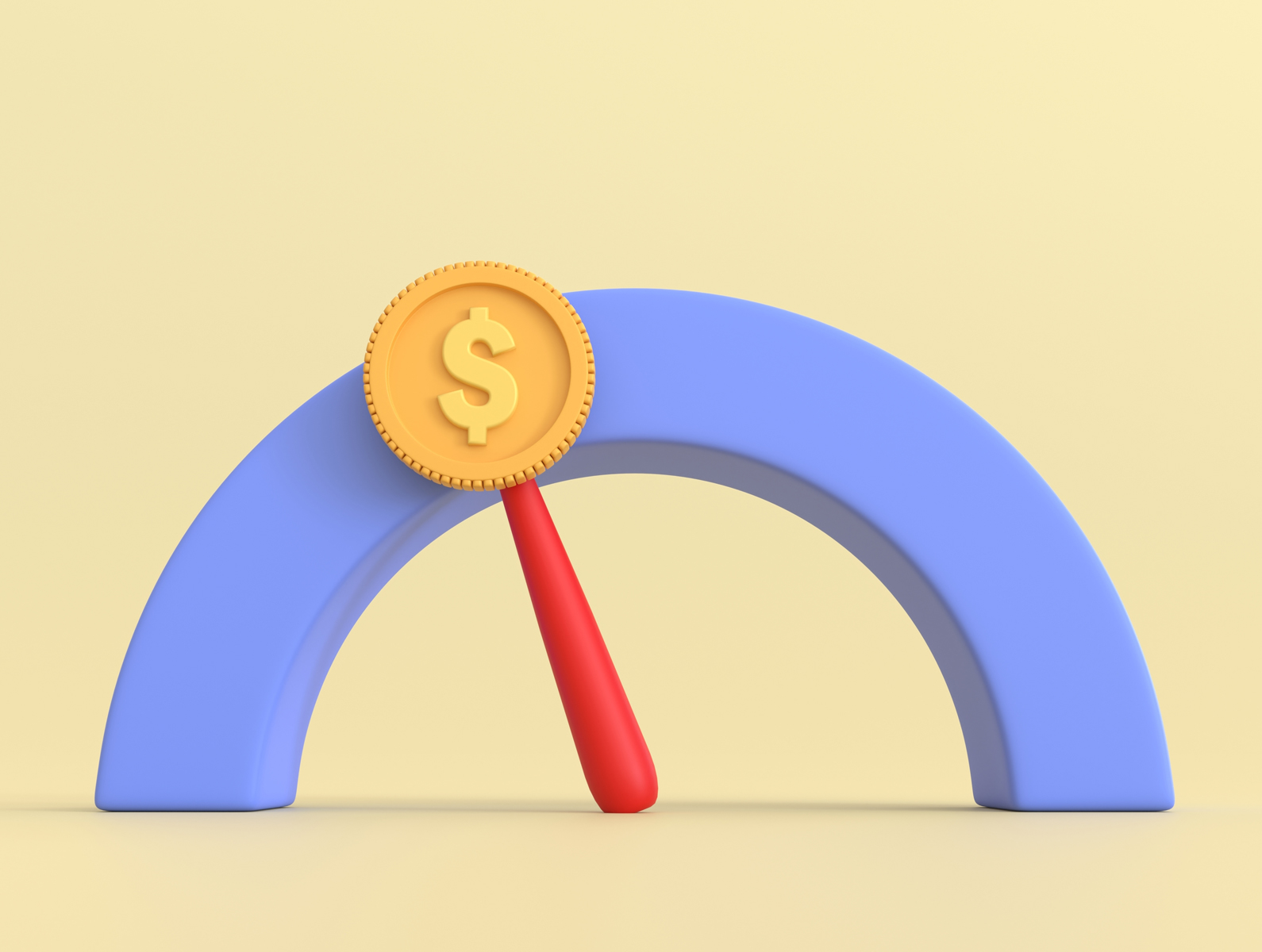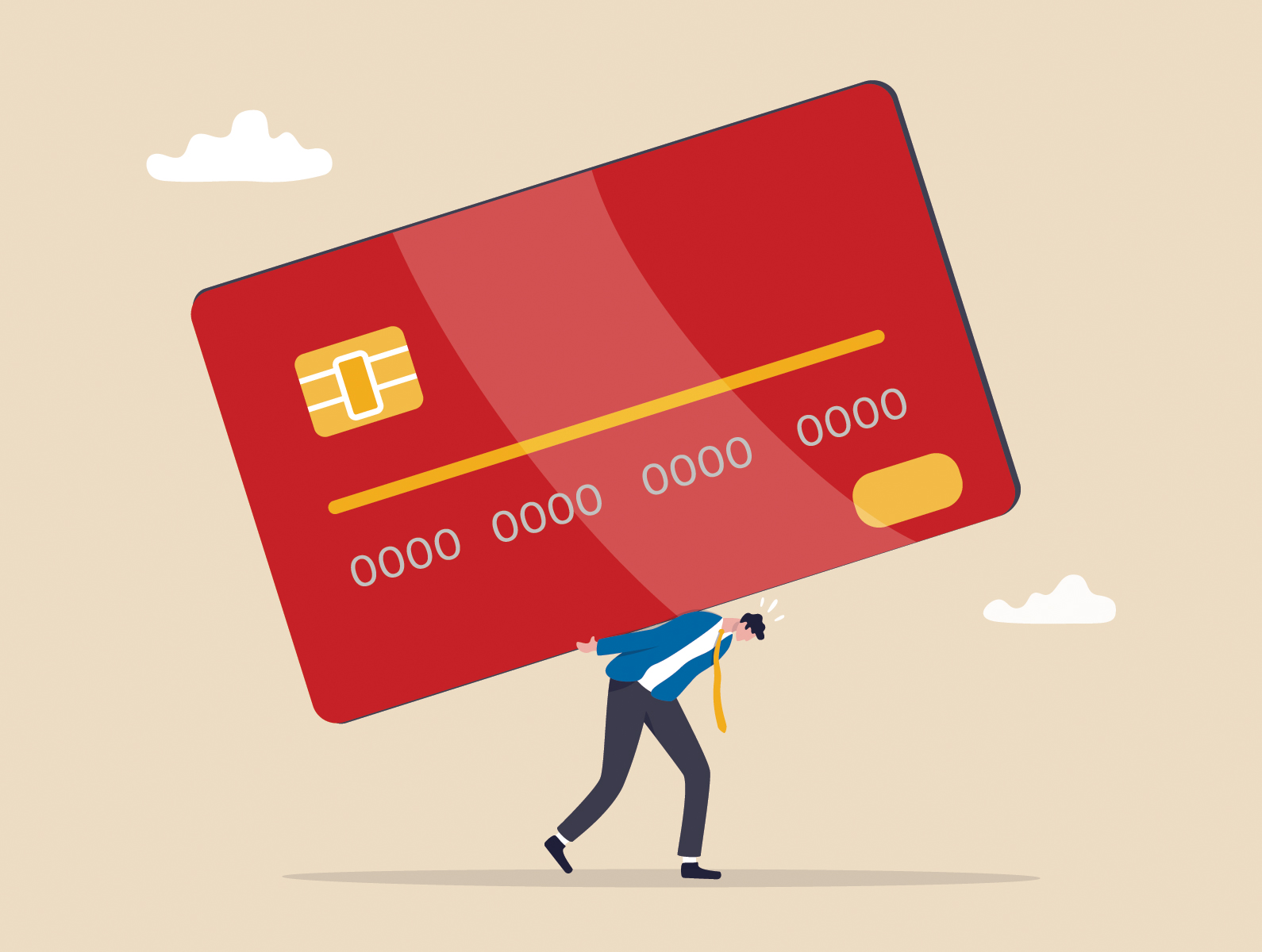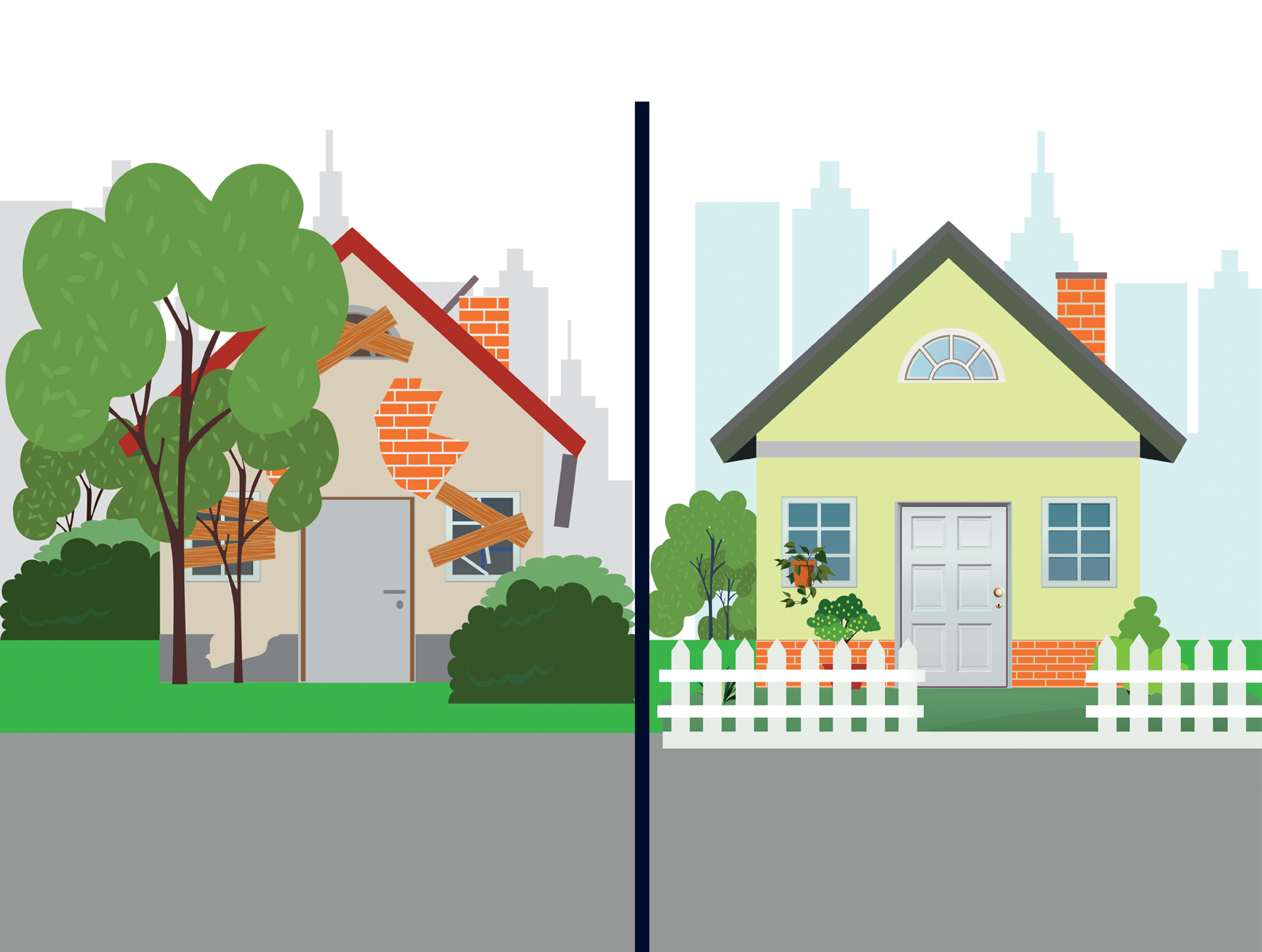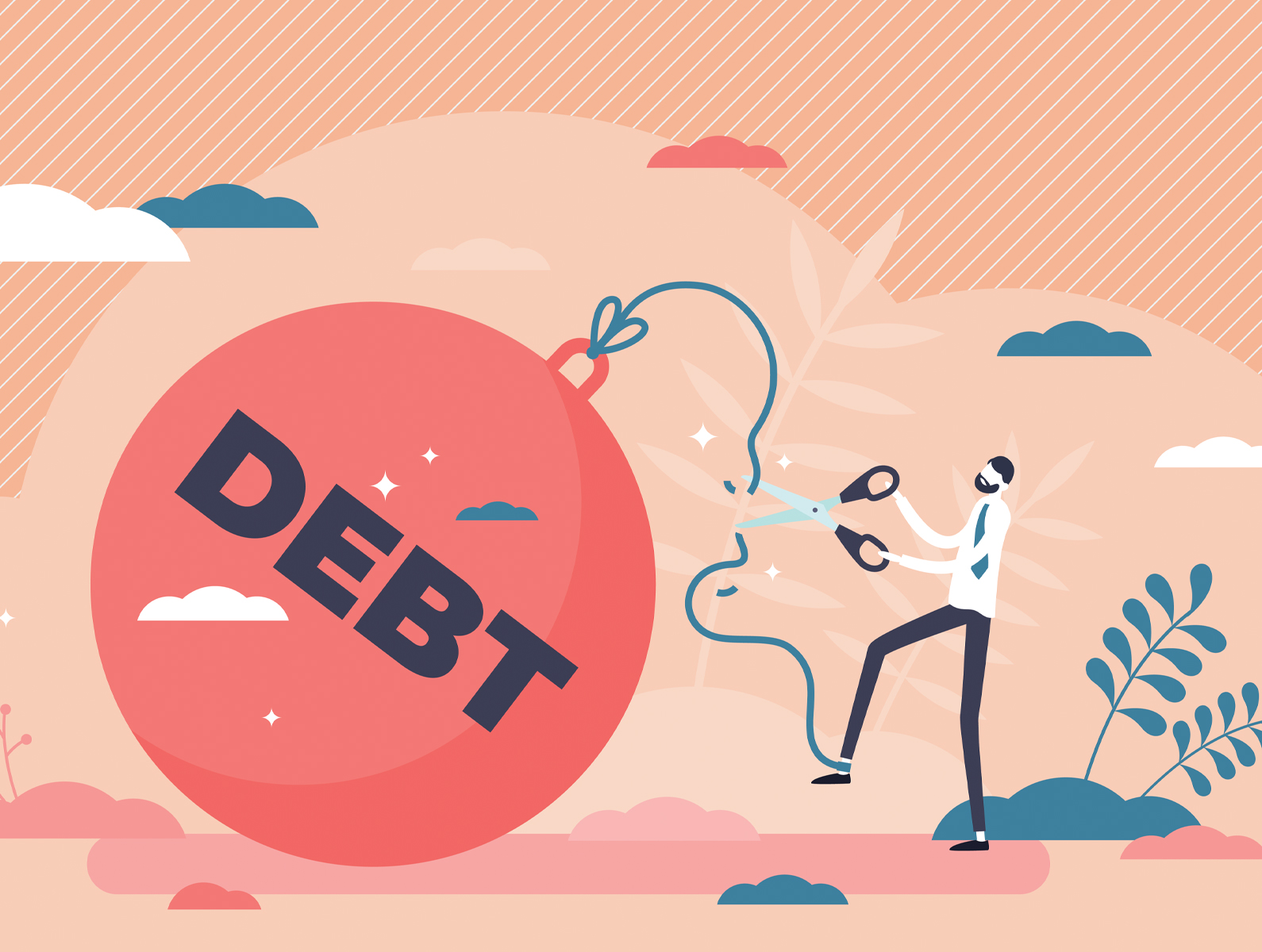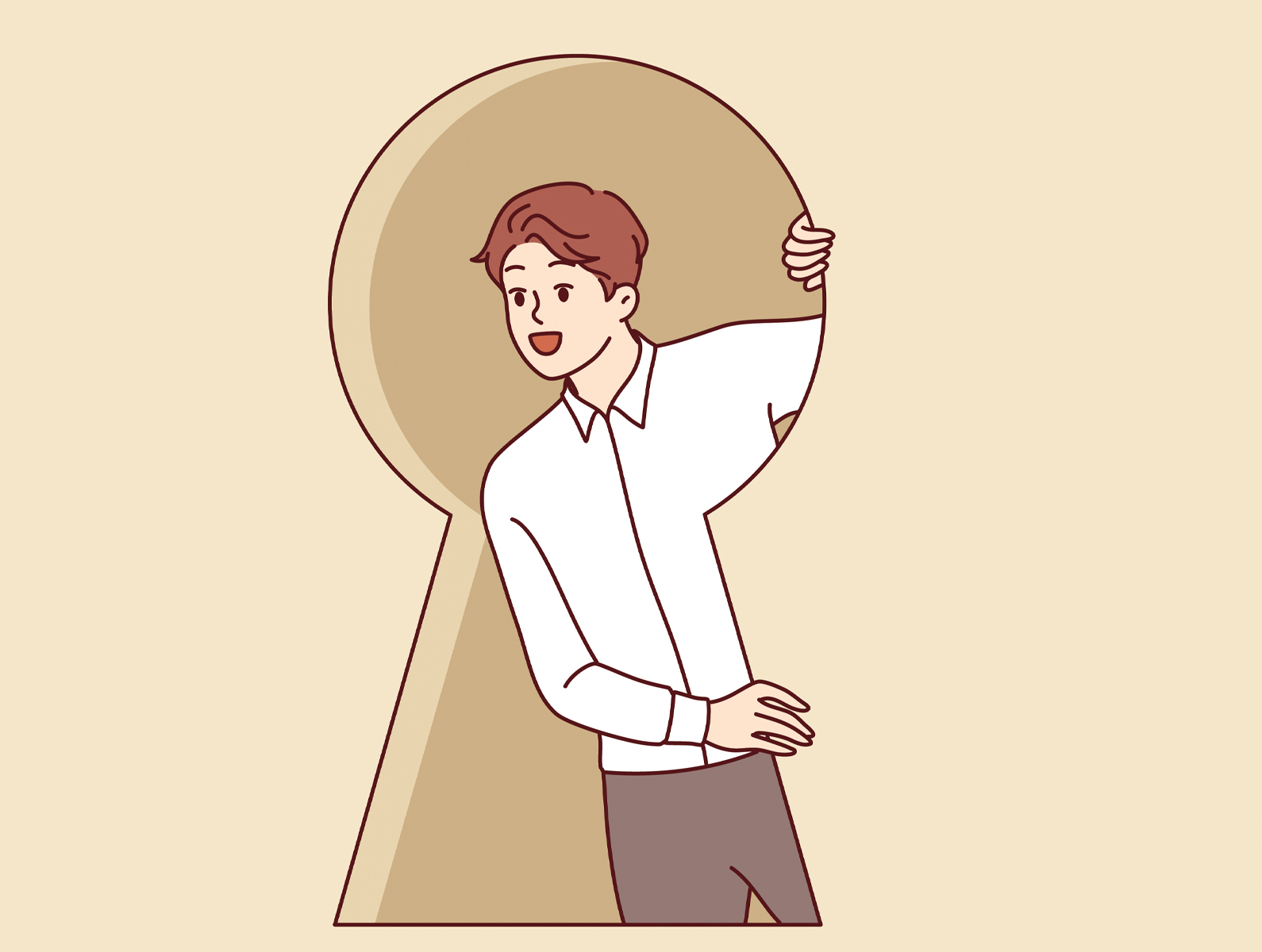So you’ve got a credit score that needs improvement.
Don’t despair, the good news is that your credit score isn’t forever. Every five years your credit history is updated and most information is cleared.
So if you were going through financial difficulties five years ago and constantly missed paying your bills on time, chances are your report will no longer reflect this.
By correcting your money habits now, you could be well on your way to good credit. Before we get into ‘how’ to improve your credit score, it’s important to grasp ‘what’ impacts a credit score.
You can improve your credit score by understanding what causes credit scores to drop. Knowing what actions caused your credit score to decline can help you to improve your current situation and maintain it going forward.
Credit scores can be a bit of a mystery to many people, so we have put together an easy-to-understand guide to help you. Let’s get started!
Understanding Credit Scores
What Are Credit Scores?
Your credit score is a personal rating that indicates how well you handle money. Lenders take this information into consideration when you apply for any type of lending, including personal loans and mortgages.
If you are deemed to have ‘bad’ credit it can greatly impact your chances of getting a loan, as well as the interest and fees you will pay on that loan. Credit scores are measured on a scale of 0 – 1000. The higher the number, the better your credit score.
Anything above 500 is considered ‘good’, and anything below 300 ‘bad’. According to Canstar, most people have a credit score between 650 – 768 (above average).
What Causes a Bad Credit Score?
Multiple factors can affect your credit score, the most common being late to pay credit card and loan repayments or defaulting on a loan. It’s easy to fall into these habits when you are in financial difficulty but with a little bit of guidance, you can break the cycle.
Missed Payments
Repetitively missing your bills by just a few days could be the difference between having great or poor credit. We have seen many people with otherwise perfect financial history who didn’t know they had bad credit for this very reason. For example, for people who get paid monthly their bills may not always coincide with when they get paid. Many think a few days late here and there wouldn’t make a difference, but it does!
Loan Defaults
Loan defaults can cause your credit score to dive substantially. If you have defaulted on a personal loan or multiple loans before you will most likely have a poor credit rating. Unfortunately, if you have acted as a guarantor for someone who has defaulted on a loan and failed to meet their repayments your credit score will also be affected.
Your Age
If you are young, your credit score will likely be low. This doesn’t mean that you’ve done anything wrong financially, you just haven’t had enough time to build up a credit history.
Loan Applications
When you apply for a loan, it’s important to note that your credit score will be affected. While applying for the odd personal loan won’t have much of an effect on your credit score, multiple loan applications and rejections in a short period of time will. This usually indicates that you are applying for more credit than you can repay and acting financially irresponsible.
How To Improve Your Credit Score
(And Keep It That Way)
Now that you have a good understanding of how credit scores work and what affects them, we can get started on how to improve them.
Pay Off or Consolidate Loans
It’s no surprise that paying off your existing debts or loans is the first step to improving your credit score. Removing your existing personal loans or unpaid credit card debt can have a great effect on your credit.
Better still, you also won’t have to worry about any more missed payments and the fees that accompany them. We understand this isn’t always possible. Another avenue you could look into is a Debt Consolidation Loan.
Applying for a loan when you’ve already got more than you can handle can seem counterproductive. However, combining all your loans into one easy-to-manage payment can also lower your monthly repayments so your loan is more affordable for you.
For example, you could have 5 loans ranging from 6 months to three years, by combining them all into one loan spread out over a period of four years, your repayments could be significantly reduced.
The money you save from those repayments could be used to help you live more comfortably, or build up a bit of a nest egg which you could use to repay your loan sooner! But make sure you do your research as declined loans can negatively affect your credit score further. Look for a lender that is low-cost, reputable and provides more options (you’re more likely to be approved).
Loansmart can help you simplify your finances and save on interest rates and fees with a low cost debt consolidation loan. They’ve been helping Kiwi’s consolidate their debts since 2008 and are trusted providers for online consolidation finance.
Don’t Miss Your Payments
Making your bills payments or credit card repayments on time is the key to improving your credit score. The best way to ensure this is to pay them before the due date. Early payments also have the potential to save you money with many companies offering prompt payment discounts.
Cancel Your Credit Cards
Every credit card you own can negatively impact your credit score. The impact on your credit score and the potential for debt far outweighs any rewards scheme your credit cards offer. Limit yourself to just one credit card with a low limit and ensure you only spend what you can afford to pay back every month.
Overhaul Your Spending
Finding areas where you can limit your spending will make all the difference. And no, we aren’t going to tell you to cut back on avocado on toast, because let’s be real you probably aren’t eating that everyday!
What we mean is sitting down and drawing up your monthly budget to see the bigger picture of where your cash flow ends up. This will make it easier to pinpoint your areas of overspend like takeaways or weekend drinks.
Cutting back on the things you enjoy can seem hard, but once you build yourself back up to a good financial position you can allow yourself more leeway. We recommend the Sorted Budgeting Tool to help you through this step.
Start An Emergency Fund
Having a savings account specifically for emergencies ensures you are prepared to handle unexpected financial obligations.
Not only does having emergency funds reduce financial stress, it means you are less likely to rely on credit cards or loans in the future. A common savings tactic is to save up enough money to cover your expenses (rent, bills, food ect.) for at least a few months. Not only does this mean you will have a decent emergency fund set aside, you will also be able to cover yourself in case you are unable to work for any reason.
It may seem like a large goal, but cutting back where you can and putting a small amount away often quickly adds up.
If you’re struggling to meet loan repayments now, a solution could be a Debt Consolidation Loan which can lower your payments and help simplify your finances. New Zealand loan providers, Loansmart, have been helping Kiwi’s consolidate their debts since 2008 and are trusted providers for Online Debt Consolidation Loans.
Not sure how to start an emergency fund? Check out this easy guide – How To Start An Emergency Fund.
We recommend the following online resource if you want to learn more about how credit scores work and how to improve them:
Sorted: How Credit History and Scores Work
Consumer Protection: How credit scores work, the impact of bad credit, and how to improve your score


